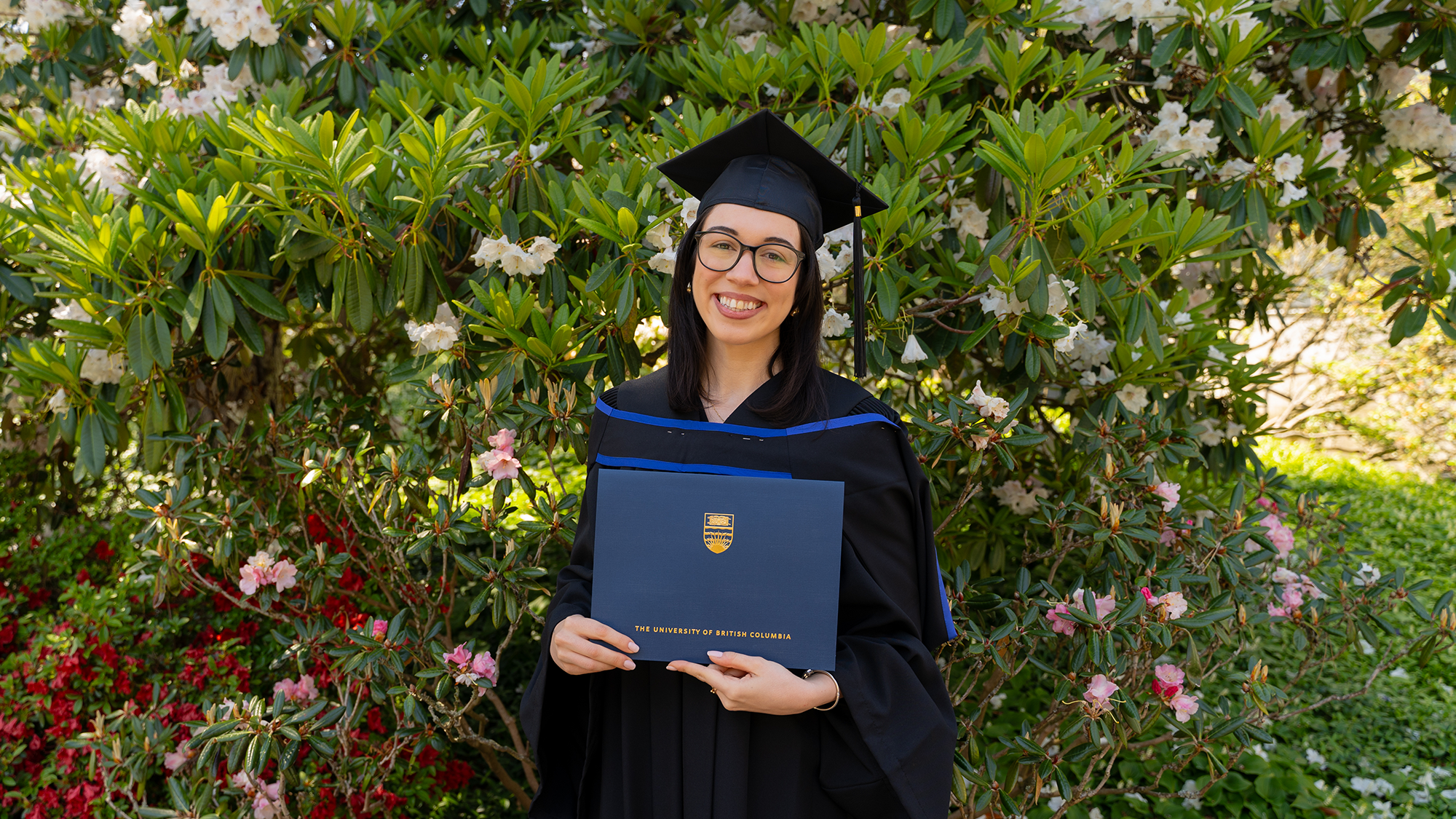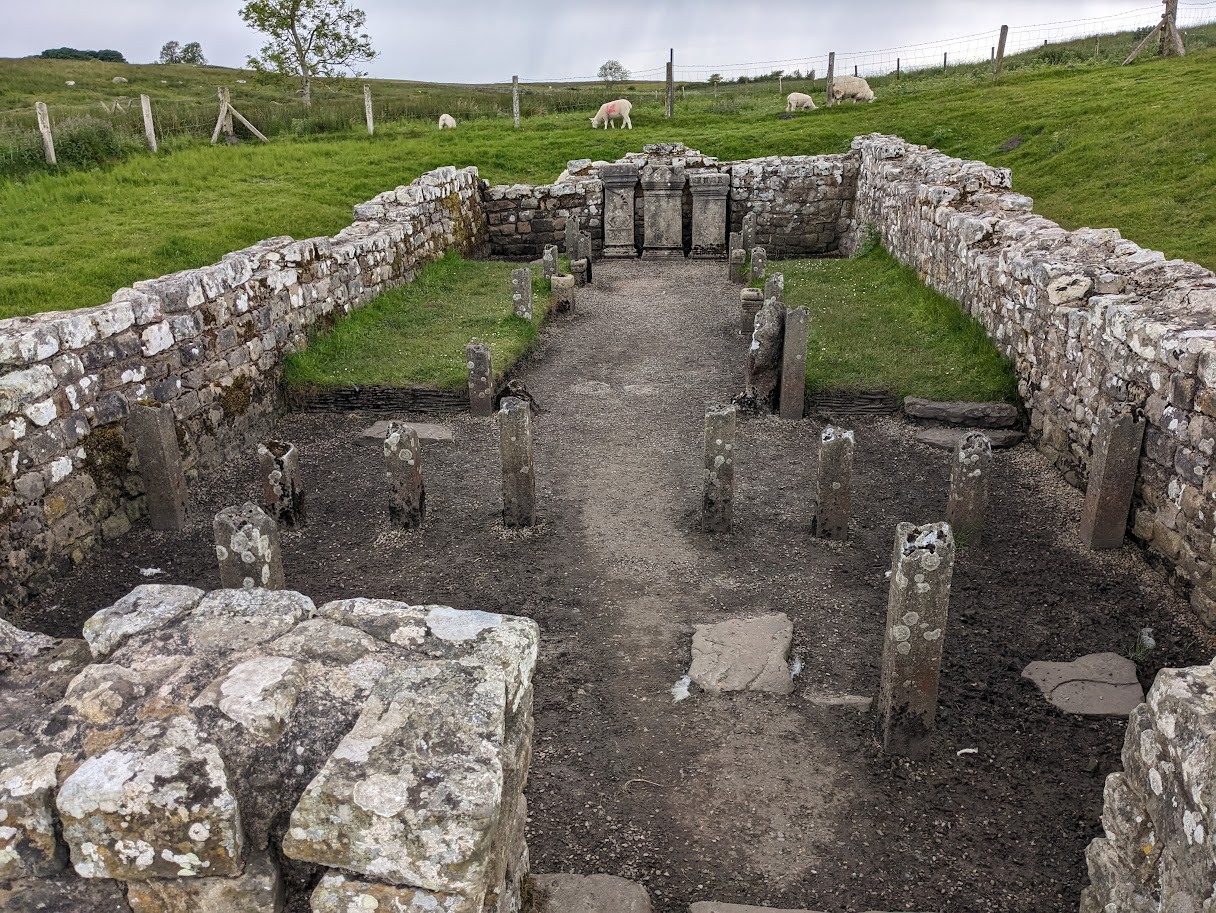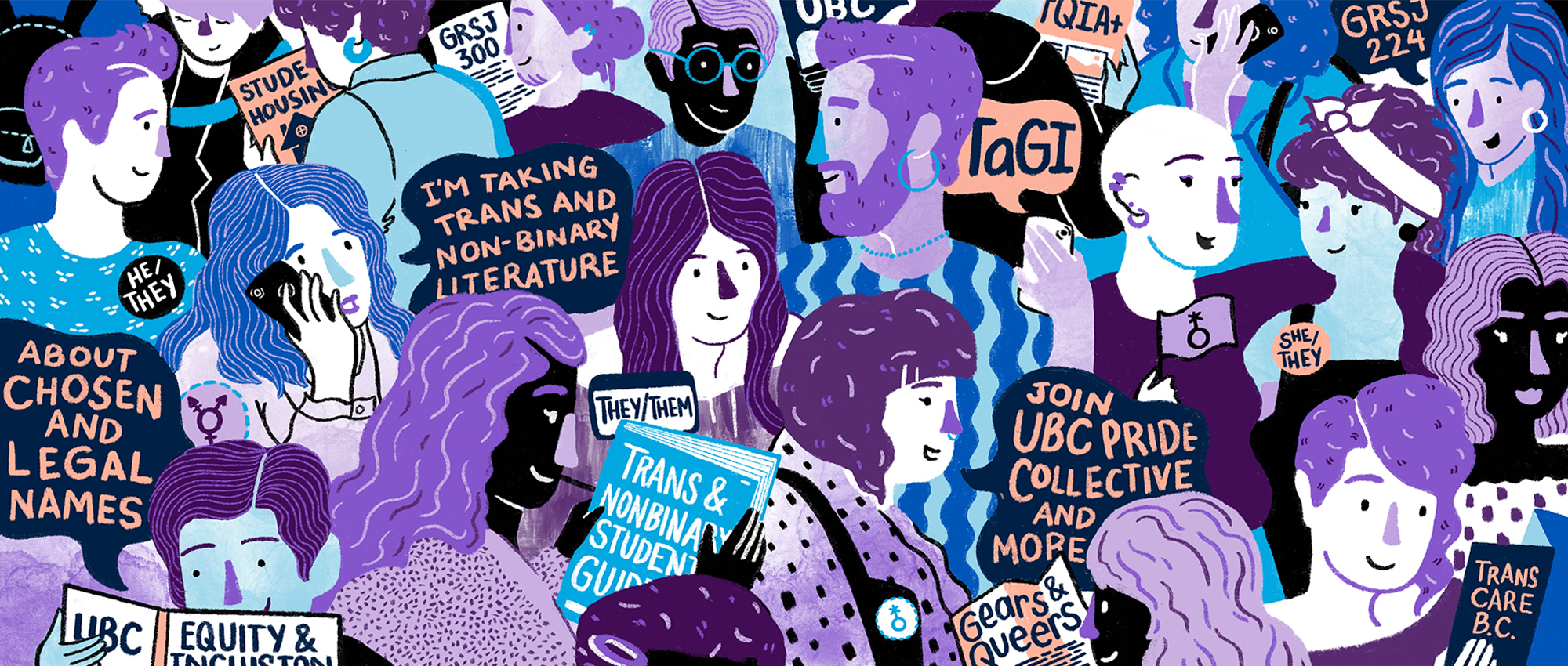

Welcome to UBC and the Faculty of Arts! Your first year at UBC can be a very busy time, especially for trans and non-binary students learning to navigate university systems, so we’ve compiled some peer advice that might make the transition to university a bit smoother.
Our names are Britt and Darcy, and we’re both non-binary UBC students in the Faculty of Arts. When the two of us got accepted to UBC, one of the first things we searched up in preparation to travel to Vancouver was what the 2SLGBTQIA+ community was like.
There are so many amazing and welcoming communities and resources for students, but it can be difficult to find them when you are new to UBC or new to Vancouver. When talking to other 2SLGBTQIA+ students throughout our degree, we heard that this was a pretty universal experience.
The two of us worked in Residence Life for UBC Student Housing for multiple years, and helped run the Totem Park and Place Vanier Pride Collectives. In those spaces, we saw a need to create a guide to help trans and non-binary students find the resources they needed, find community, and get involved. Instead of making an administrative document, we wanted to produce a guide by trans and non-binary students at UBC for incoming trans and non-binary students.
The full Trans and Non-binary UBC Guide features voices from other trans and non-binary students on campus and resources for students in other faculties. Below, we’d like to highlight some of the main takeaways for new Arts students. Jump ahead:
- Chosen and Legal Names
- Accessing Trans-Specific Medical Care
- Student Housing
- Classroom Tips
- Arts Courses
- Getting Involved
Chosen and Legal Names
An important thing to know is where you’ll see chosen names and where you’ll see legal names. Chosen names (sometimes called “preferred names” in UBC systems) should be on most student-facing systems, like your UBCcard, class lists, and during graduation. Legal names should only appear on documents where it is a legal requirement, such as tax documents, transcripts, and official letters. A full list of which name could appear where is in the Student Information Systems section of the Trans and Non-binary UBC Guide.
Not all UBC systems are centralized, which means that your chosen name may not always appear where it should, and not all UBC staff may use it correctly. These inconsistencies really suck. If you ever want to report an instance where a system is using the wrong name, you can email the UBC Equity & Inclusion Office at trans.inclusion@equity.ubc.ca to let them know. To make sure your chosen name is on your UBCcard, make sure to send ubc.card@ubc.ca a request before the start of the school year.
Accessing Trans-Specific Medical Care
All UBC students have access to Student Health Services in the UBC Hospital. Everyone’s experience accessing healthcare is different, but we’ve found that there are a lot of fantastic, inclusive doctors available there.
If you’re looking for trans-specific care, we’ve found that Trans Care BC is a great place to start — they have lots of information and resources about gender-affirming care (primary care, hormone therapy, and/or surgery). You can connect with one of their health navigators if you need support navigating the healthcare system, or if you are encountering barriers to access necessary care.
A Vancouver clinic widely known for trans care is Three Bridges Community Centre. They offer a wide variety of services, including hormone initiation, surgery planning, and an accessible needle exchange service.
If you’re looking to undergo top surgery while at UBC, an amazing student named Em Mittertreiner made a comprehensive guide outlining a bunch of helpful information, which we would highly recommend!
Student Housing
First year housing has several options for gender-inclusive living situations in student residences:
- single-connected rooms on mixed-gender floorswhere you share a bathroom with the room next to you (e.g. all of Orchard Commons, and həm̓ləsəm̓ and q̓ələχən Houses in Totem Park)
- mixed-gender floors and bathrooms (e.g. c̓əsnaʔəm House in Totem Park)
- mixed-gender floors with binary communal bathrooms (e.g. Shuswap House in Totem Park, and Korea-UBC House and Tec de Monterrey House in Place Vanier)
Upper year housing consists of one-bedrooms, multi-room suites with shared bathrooms, and studios with private bathrooms.
Our advice is to email Student Housing about your preferences after you’ve accepted your generic residence offer. They will work with you to make sure you feel comfortable where you’re placed for the year. If you’re open to it, you can ask to get matched up with another trans or non-binary student as a roommate, and they will do their best to accommodate you!
During your time living in residence, you have a right to a safe, harassment-free living environment. If you are experiencing discrimination or bullying, please talk to your Residence Advisor or Residence Life Manager.
Classroom Tips
Professors shouldn’t have access to gender information on their class lists, which means it’s up to you whether or not you want to disclose that information.
If you do want to disclose your gender, there are a couple of ways you can go about doing that. Professors are usually pretty open to you talking to them after class, but sometimes that can feel intimidating, especially when you’re just starting the year. You can always send them an email introducing yourself and your pronouns if you’re comfortable with that. There are a couple of example emails in the Trans and Non-binary UBC Guide that you can check out to help you draft that message!
Additionally, professors and TAs are responsible for ensuring that a classroom environment is inclusive. Professors can advocate for you and create a safe space within their classroom. If they’re not doing that, email trans.inclusion@equity.ubc.ca — the Equity & Inclusion Office is a great resource for support. One note is that while they can support you, they do not have the authority over professors, so their advocacy has limits.
Arts Courses on Trans and Non-binary Topics
As Arts students, we have the ability to incorporate trans-related courses into our degrees as electives. There are so many to check out and different offerings each term, but we recommend Queer and Trans of Colour Theorizing (GRSJ 316), Intersectional Approaches to Thinking Gender (GRSJ 300), Gender, Race, and Social Justice in Literature (GRSJ 224).
Getting Involved
There are so many places to get involved on campus! If you’re looking to find other 2SLGBTQIA+ people, you can join the UBC Pride Collective, or any first-year residence pride collective. There are also department-specific groups, like Gears & Queers (run by Engineering students but welcoming to everyone), and Queer Coded (for Computer Science students).
The UBC Pride Collective runs several weekly discussion groups, including TaGI (Trans & Gender Identities), a support group exclusively for trans and gender non-conforming (including non-binary, agender and questioning) folks. TaGI is a welcoming and validating space, and I highly recommend attending a meeting if you are interested in doing so.
The Equity & Inclusion Office also runs Get Connected events, including Queer- & Trans-specific and BIPOC-specific events at the beginning of the school year. We’ve met some of our best friends at these events!
Thank you so much for reading this! We really hope that our advice was helpful, and that you have an incredible first year at UBC. Hopefully we’ll see you around campus soon!
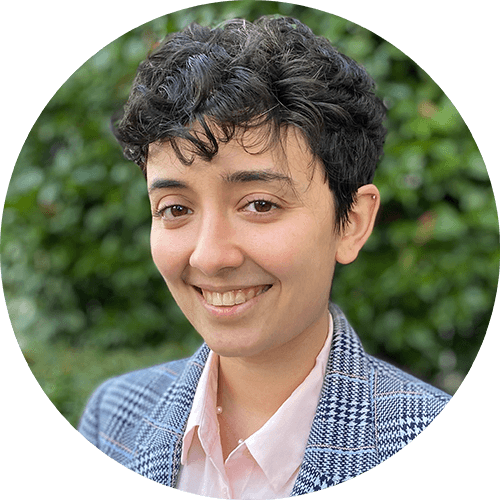

Britt Runeckles is a queer, BIPOC writer in UBC’s School of Creative Writing, pursuing a double major of English Literature and Creative Writing. Britt is passionate about writing stories that prioritize and elevate marginalized voices.
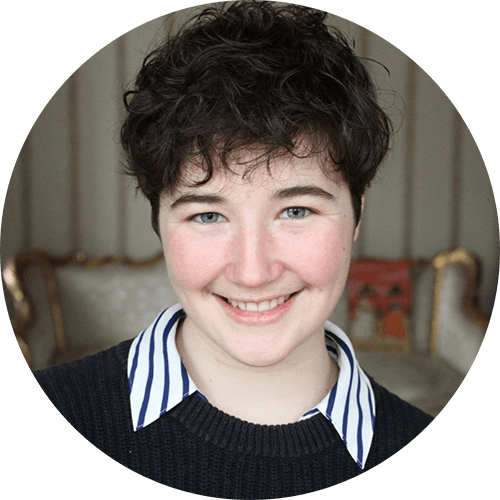

Darcy Bandeen (they/them) is a non-binary Sociology student and activist studying on unceded Musqueam territory at UBC Vancouver.
